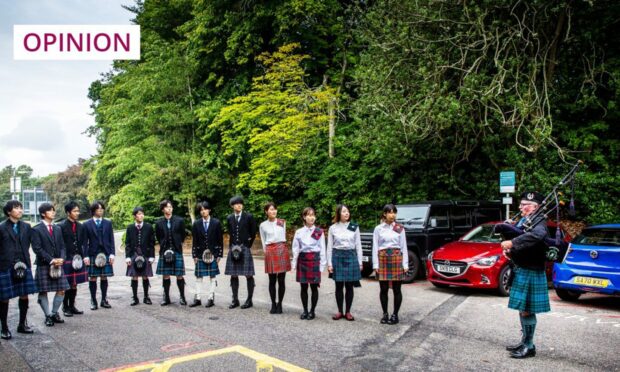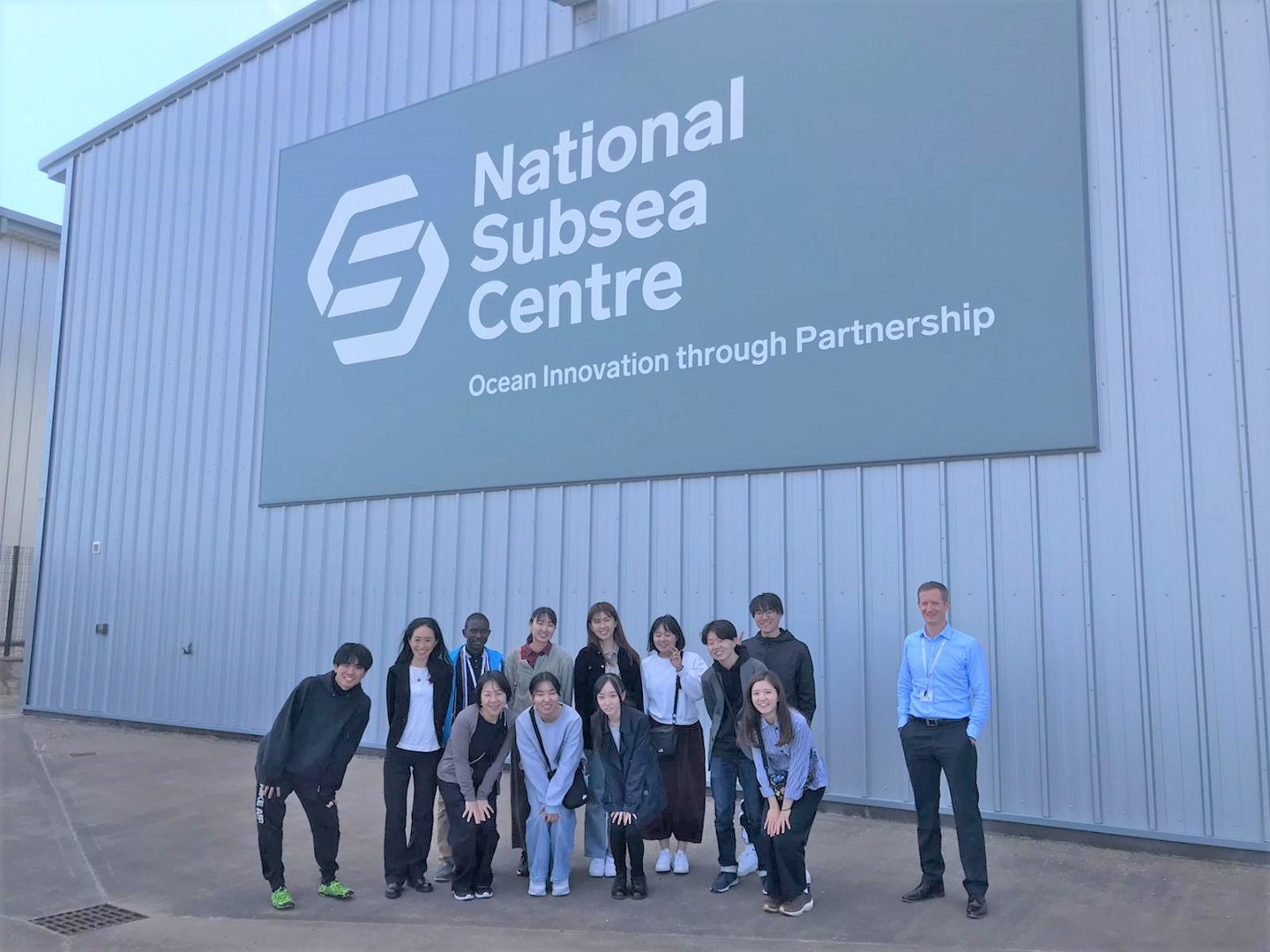Maintaining international business relationships with no travel over the last two years has been challenging for all.
Now, as borders open, the true strength of these relationships is being tested.
Aberdeen has a long-established role as a leader in the energy sector, but to future-proof the north-east’s international profile, we need to continue to share our expertise and support energy sectors overseas, as well as on our doorstep.
To this end, I was delighted to hear that RGU’s two Japanese partners, Kobe City Government and the philanthropic Nippon Foundation, wanted to return for face-to-face student programmes in Aberdeen as soon as they had permission to travel. It was great to welcome these students here last month.

The university has hosted four programmes where students from different disciplines and higher education institutions in Kobe come together as future leaders to consider offshore energy opportunities.
This year, we hosted our fifth offshore energy summer school for top Japanese engineering students. The summer schools were developed on the back of the late Prime Minister Abe’s decree in 2015 that Japan needed 10,000 new offshore engineers by 2030.
Offshore engineering is not a career of the past
I had the honour of speaking at the Nippon Foundation Ocean Innovation Consortium (NFOIC) launch symposium in Tokyo in 2016. The question that surprised me did not come from a senior academic or executive, but a young person, who asked: “How do I tell my parents that I would like to be an offshore engineer?”
I couldn’t comprehend the challenge, given Japan’s ports, extensive waters, 30,000km of coastline, and therefore significant opportunity for marine development. But, now, we face similar questions from our own Scottish students.
As the UK and Scottish Governments and companies debate our energy future – to invest or not to invest, where to host freeports, how many people will be needed and when, and what a just transition actually means – our young people are turning away from offshore engineering, considering it a career of the past rather than an exciting opportunity for their future.
Uncertainty is affecting our young people, who, in addition to being critical to the future wellbeing of the north of Scotland, could lead the way in delivering energy security for the nation.
We need to ensure that the next generation of students know that there will be jobs for them
A solid engineering qualification with associated work experience is relevant for whatever the future energy mix is, and we need to ensure that the next generation of students know that – and that there will be jobs for them.
I hope I will have an opportunity to better answer the student in Tokyo’s question another time, and I hope we can work together to do the same for young people here in Aberdeen.
Donella Beaton is vice principal for economic development at RGU


Conversation